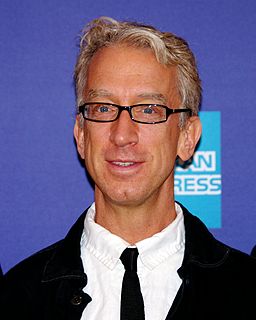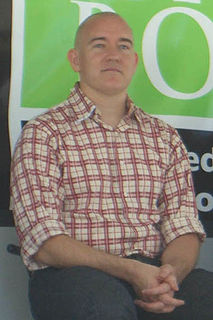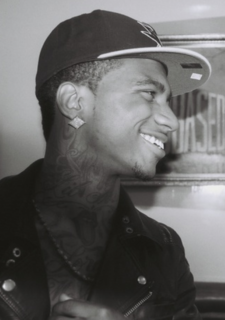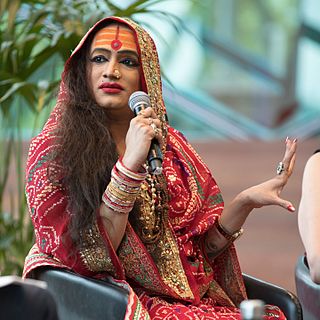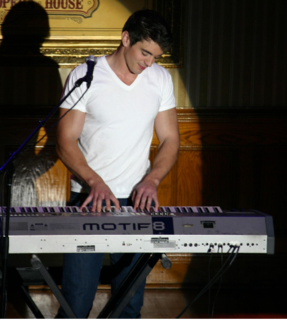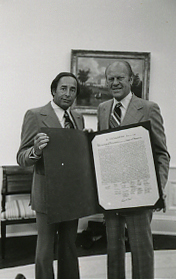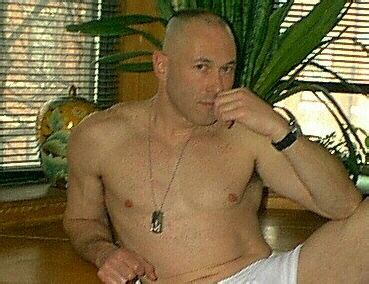A Quote by Madonna Ciccone
When I first came up, the whole AIDS epidemic was starting, and the gay community that I experienced from the beginning of my career was mostly - and overwhelmingly - concerned with staying alive. And, also, I felt really aware of the preciousness of life and time. The gay community and people who were HIV-positive were treated so badly, and I was very disturbed by things. But I also saw a lot of love and connection in the gay community at that time.
Quote Topics
Related Quotes
Because gay people were so much more visible, violence against gays was more common and reported on. But they were definitely related to each other. In the wake of AIDS, gay people felt like they had to organize, become much more active and visible. AIDS fostered a gay rights movement that made gay people more powerful and more vulnerable at the same time.
When we, hijras, started our activism, we had to tell people, "We exist, we are humans. Please give us nothing but our basic dignity." The biggest misery in the world, I believe, is the feeling of being unloved, and that this community faces a lot. You're not even considered to be human. You're considered transparent. We were ignored until we started organizing, when HIV first became a factor. Even in the HIV world, people could not believe that hijras have sex. And then also we were put in the category of men having sex with men, the gay community.
"Let's say we discover the gene that says the kid's gonna be gay. How many parents, if they knew before the kid was gonna be born, [that he] was gonna be gay, they would take the pregnancy to term? Well, you don't know but let's say half of them said, "Oh, no, I don't wanna do that to a kid." [Then the] gay community finds out about this. The gay community would do the fastest 180 and become pro-life faster than anybody you've ever seen. ... They'd be so against abortion if it was discovered that you could abort what you knew were gonna be gay babies."
I'm a supporter of gay rights. And not a closet supporter either. From the time I was a kid, I have never been able to understand attacks upon the gay community. There are so many qualities that make up a human being... by the time I get through with all the things that I really admire about people, what they do with their private parts is probably so low on the list that it is irrelevant.
I think I was probably looking for gay role models when I was younger, before I even knew or thought I was gay. I didn't really make the connection that they were gay, but I felt drawn to them because they were going against the grain, and I knew there was something that they had that everybody else didn't have. It was an edge.




